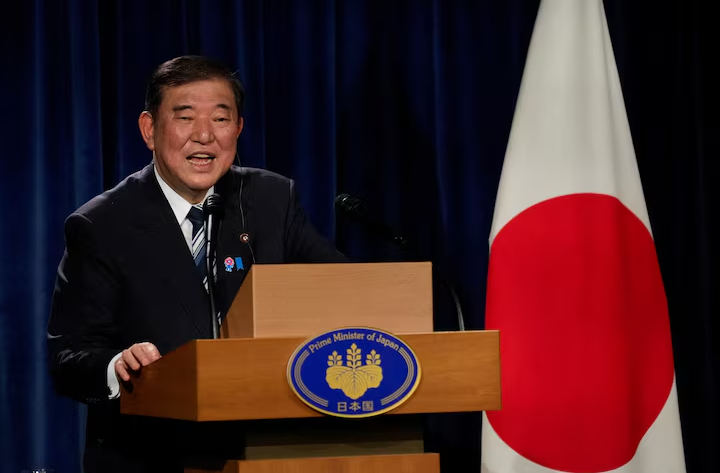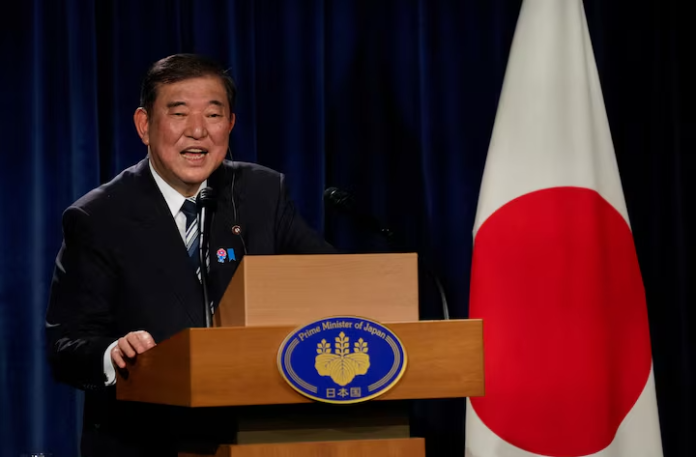In a major diplomatic shift, Japan has officially withdrawn from this week’s NATO summit, citing “various circumstances” just days after confirming attendance. Prime Minister Shigeru Ishiba’s sudden change of plans aligns with similar decisions by South Korea and Australia—raising serious questions about the future of Indo-Pacific cooperation with the Western alliance.
The summit, scheduled for June 24–26 in The Hague, was expected to serve as a platform for reaffirming the unity between NATO and key Indo-Pacific allies, particularly in response to rising global tensions. But Japan’s Ministry of Foreign Affairs abruptly announced on Monday that Ishiba would no longer attend, following dramatic developments involving U.S. President Donald Trump’s military alignment with Israel against Iran.
The Missing IP4: A Message in Silence
According to Japan’s Fuji Television, Ishiba’s withdrawal was largely due to the cancellation of a proposed meeting between Trump and the IP4 nations—Japan, South Korea, Australia, and New Zealand. The absence of such a key discussion, coupled with Trump’s unpredictable foreign policy agenda, appears to have convinced several Indo-Pacific leaders that there’s little value in showing up.
With no confirmed opportunity to meet Trump and a growing sense of diplomatic disconnect, Japan, South Korea, and Australia all decided to send foreign ministers instead of heads of state. Japan’s Foreign Minister Takeshi Iwaya will now represent the country at NATO-related events and bilateral meetings.
Tensions Over Defense Spending
The deeper issue lies in Trump’s aggressive push for higher defense budgets. Reports from the Financial Times reveal that Washington recently demanded Tokyo increase its defense spending to 3.5% of GDP, up from an earlier 3% request. That demand reportedly caused Japan to cancel a planned high-level U.S.-Japan meeting.
Meanwhile, Trump is expected to urge European allies at NATO to boost defense budgets to 5% of GDP—and has allegedly made the same demand of Asian partners. This is a sharp escalation from previous NATO standards and has unsettled key allies across both regions.
A Strategic Disconnect
For years, former President Joe Biden advocated for stronger collaboration between NATO and Indo-Pacific nations to counter China and support Ukraine. However, Trump’s approach signals a shift—urging regional allies to prioritize their own security interests over global collective action.

According to Christopher Johnstone, a former Biden official now with Asia Group consultancy, the decision by Japan and others to skip the summit is symbolic.
“This marks a clear break in the connection between European and Indo-Pacific security. These leaders likely saw no benefit in attending a summit that would mostly feature U.S. pressure on allies.”
Trump’s policies have also affected other major allies like Australia. A Pentagon official recently sparked controversy by launching a review of the AUKUS submarine pact, a vital security agreement between the U.S., UK, and Australia.
As geopolitical tensions rise, the absence of Indo-Pacific leaders at NATO could indicate a cooling of regional enthusiasm for transatlantic cooperation—especially under the current U.S. administration.



